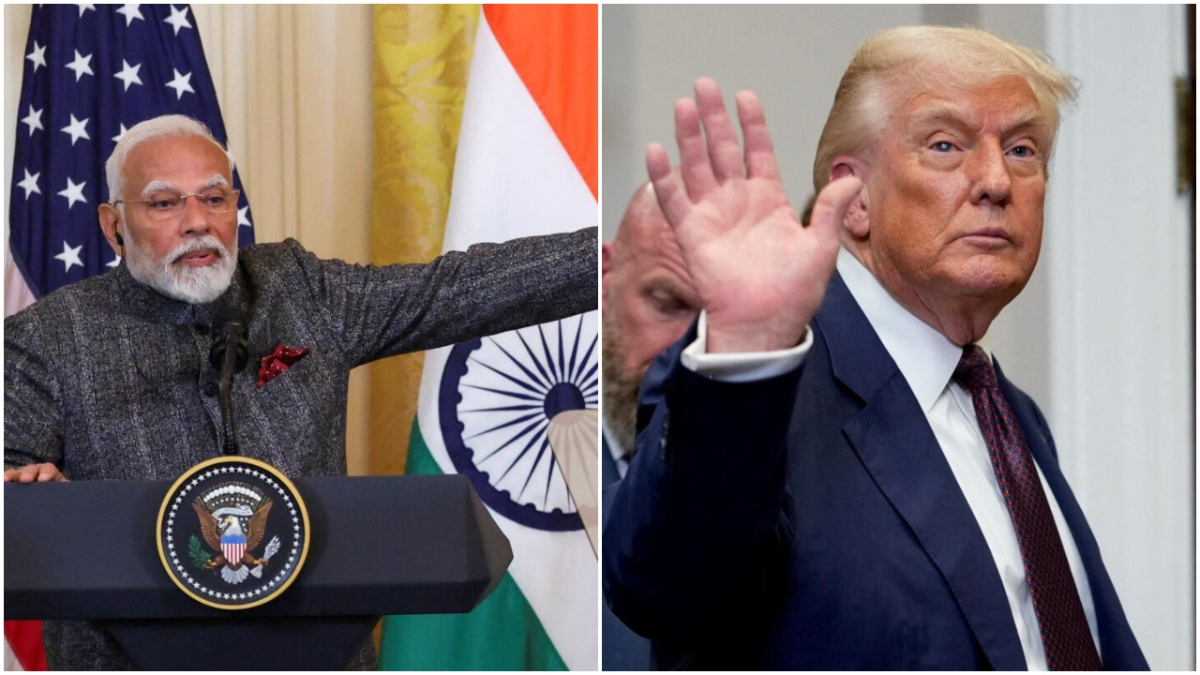
Summary – Prime Minister Narendra Modi affirms ongoing efforts with the US to swiftly conclude trade negotiations, signaling potential shifts in global economic dynamics.,
Article –
The resumption of trade negotiations between the United States and India, as announced by Prime Minister Narendra Modi, signifies a pivotal moment in global economic relations. This development follows a statement by former US President Donald Trump on social media, highlighting a renewed commitment from both nations to swiftly conclude talks that could reshape bilateral trade dynamics.
Background
The history of US-India trade negotiations has been marked by intermittent progress, influenced by complex geopolitical and economic factors. Key issues have included tariff barriers, market access, intellectual property rights, and regulatory policies. The recent impetus, sparked by President Trump’s social media engagement, aims to reinvigorate efforts toward a comprehensive trade agreement.
Key actors in these negotiations are:
- Indian Government, led by Prime Minister Narendra Modi
- US Government, including trade delegations and diplomatic officials
The Global Impact
The US-India trade relationship carries significant economic and strategic weight. India’s status as one of the world’s fastest-growing economies offers broad opportunities for US exporters and investors. Conversely, the United States remains a vital partner in India’s ongoing development goals.
Potential benefits of concluding the trade talks include:
- Reduction of tariffs on goods and services
- Encouragement of investment flows between the two countries
- Strengthened cooperation in technology, pharmaceuticals, and manufacturing sectors
These negotiations come amid shifting global supply chains and increased economic nationalism, where a strong bilateral agreement may serve as a counterbalance in the global trade landscape.
Reactions from the World Stage
Global economic analysts, trade organizations, and governments are closely watching the US-India trade talks. The European Union and countries in the Asia-Pacific region are especially attentive to the potential effects on multilateral trade and competitive economic policies.
Experts view this move as potentially signaling:
- A strategic pivot in global markets
- An expanded economic alliance that may go beyond trade to include technology sharing and innovation collaboration
What Comes Next?
The success of the negotiations will depend on resolving complex issues such as agricultural exports, market access restrictions, and data privacy regulations. Both nations’ political commitment to fast tracking the talks is critical.
Should the talks conclude successfully, the deal could serve as a blueprint for future bilateral economic partnerships, enhancing resilience amid global uncertainties. Conversely, failure or delay may exacerbate trade tensions and dampen investor confidence.
In conclusion, the renewed US-India trade talks represent more than an economic arrangement; they reflect broad geopolitical recalibrations shaping the 21st-century global economy. The international community will watch closely as outcomes will influence global trade patterns and strategic alliances.

